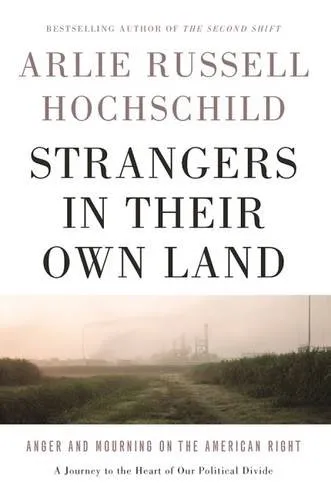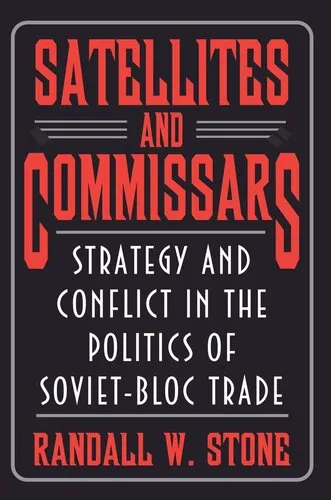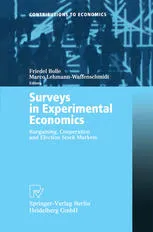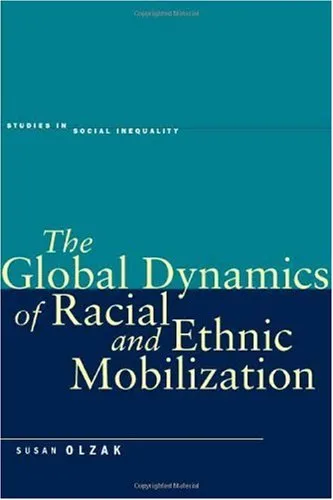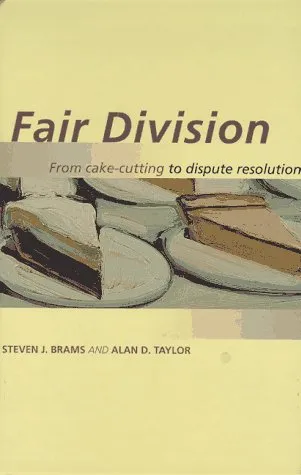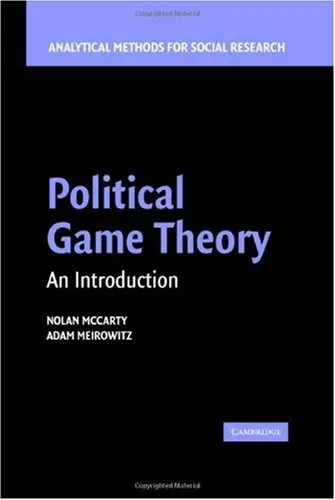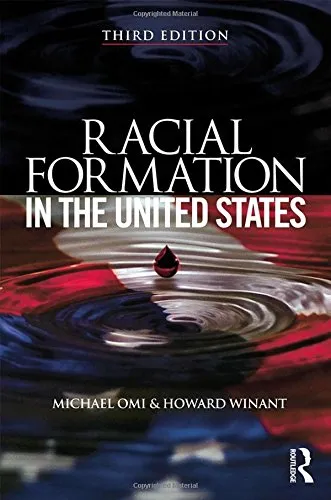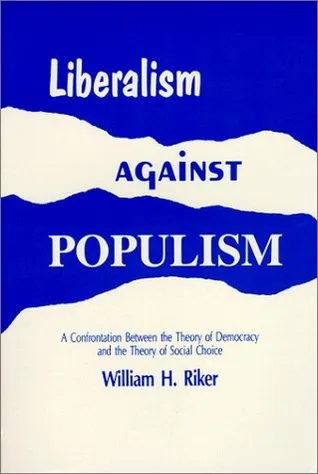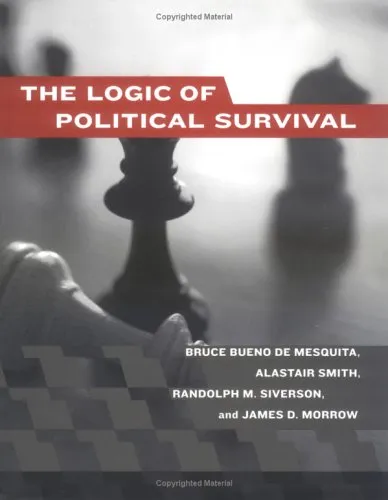Strangers in Their Own Land: Anger and Mourning on the American Right
4.4
Reviews from our users

You Can Ask your questions from this book's AI after Login
Each download or ask from book AI costs 2 points. To earn more free points, please visit the Points Guide Page and complete some valuable actions.Related Refrences:
Introduction to 'Strangers in Their Own Land: Anger and Mourning on the American Right'
Written by Arlie Russell Hochschild, Strangers in Their Own Land is an illuminating exploration of the emotional and political divide that shapes modern America. The book provides a deep, empathetic dive into the lives and perspectives of individuals from Louisiana, a stronghold of Tea Party conservatism. By bridging the gap between the progressive and conservative worldviews, Hochschild sheds light on the "deep story" that underpins the sentiments of those on the American right. Published in 2016, this book remains a vital piece of socio-political literature that strives to foster understanding in an increasingly polarized world.
With a rigorous sociological background, Hochschild embarks on a five-year journey into rural Louisiana to inhabit the world of working-class conservatives. She dissects the paradoxical beliefs of individuals who support limited government while simultaneously living in areas deeply affected by corporate pollution—a situation where governmental protection could seem a natural solution. Rather than dismissing or criticizing, Hochschild humanizes these individuals, seeking to understand their story, anger, and sense of loss.
Detailed Summary of the Book
In Strangers in Their Own Land, Hochschild introduces the concept of the "empathy wall"—a barrier that makes it challenging for people on opposite sides of ideological divides to understand, or even relate to, one another. Her goal is to climb this wall and connect with conservatives in Louisiana, one of the poorest and most polluted states in the U.S.
Through interviews and immersion into their daily lives, Hochschild uncovers what she refers to as a "deep story": a metaphorical narrative that encapsulates the feelings of frustration, alienation, and resentment shared by many of the people she meets. In their "deep story," they view themselves as waiting patiently in line for the American Dream—hardworking and deserving—but being cut off by others who receive perceived unmerited aid, such as minorities, immigrants, or government beneficiaries.
The book dives into how factors like race, economics, environmental harm, and religion interweave to create this narrative. Even as evidence mounts of environmental damage caused by corporations, many continue to vote against regulations and support the oil industry due to loyalty, distrust in federal government, and cultural identity. Hochschild's storytelling is compassionate, yet critical, bringing into sharp focus the underlying paradoxes that drive much of the contemporary conservative mindset.
Key Takeaways
- Understanding people's beliefs often requires empathy and an exploration of their "deep story."
- Political views are deeply intertwined with personal emotions, historical contexts, and shared values.
- Environmental issues, even when severe, may not always lead to wider support for government intervention due to cultural and economic loyalties.
- The "empathy wall" between ideological groups is a significant barrier to mutual understanding but not insurmountable.
- Polarization in America stems not only from economic disparity but also from feelings of cultural displacement and resentment.
Famous Quotes from the Book
"An empathy
Free Direct Download
You Can Download this book after Login
Accessing books through legal platforms and public libraries not only supports the rights of authors and publishers but also contributes to the sustainability of reading culture. Before downloading, please take a moment to consider these options.
Find this book on other platforms:
WorldCat helps you find books in libraries worldwide.
See ratings, reviews, and discussions on Goodreads.
Find and buy rare or used books on AbeBooks.
1263
بازدید4.4
امتیاز0
نظر98%
رضایتReviews:
4.4
Based on 0 users review
Questions & Answers
Ask questions about this book or help others by answering
No questions yet. Be the first to ask!
